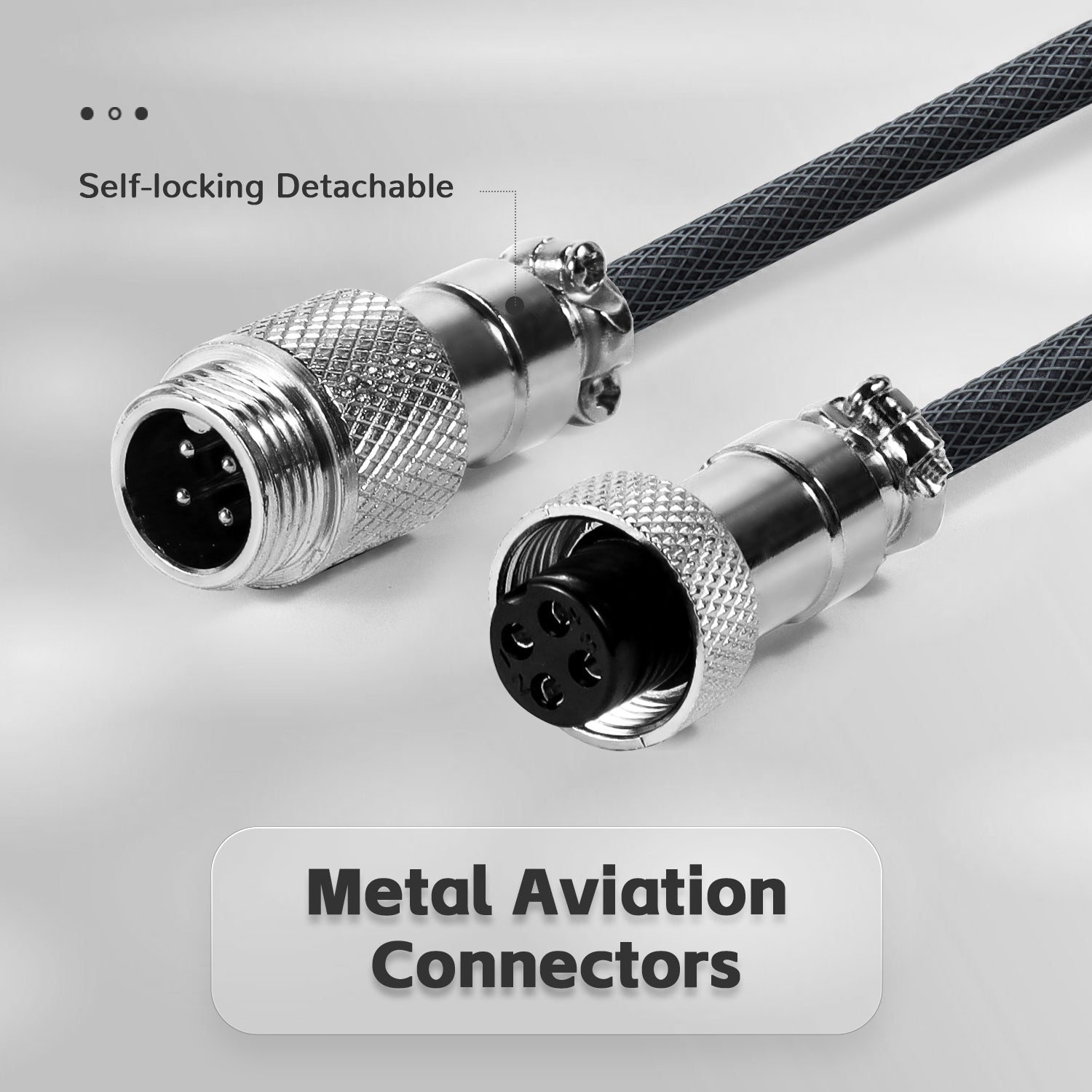Mechanical keyboards have gained immense popularity among gamers, typists, and tech enthusiasts alike. But what exactly are the mechanical keyboard parts that contribute to their unique feel and performance? In this article, we will explore the essential components of a mechanical keyboard, providing you with a comprehensive understanding of each part.

Key Switches: The Heart of Mechanical Keyboards
At the core of every mechanical keyboard are the key switches. These switches determine the tactile feedback, actuation force, and sound produced when a key is pressed. There are several types of key switches, including:
- Linear switches: Smooth and consistent keystrokes without tactile feedback.
- Tactile switches: Provide a noticeable bump at the actuation point, ideal for typing.
- Clicky switches: Combine tactile feedback with an audible click, popular among typists.
Choosing the right switch can significantly impact your typing experience. Have you considered what type of switch best suits your needs?
Keycaps: The Interface Between You and the Keyboard
The keycaps are the visible part of the keyboard that you interact with. They come in various shapes, sizes, and materials, affecting both aesthetics and functionality. Most keycaps are made from:
- ABS plastic: Lightweight and affordable but prone to wear over time.
- PBT plastic: More durable and resistant to shine, making it a preferred choice for many users.
Additionally, keycap profiles, such as SA, DSA, and Cherry, can influence your typing comfort. If you are looking to customize your keyboard, consider exploring different keycap sets.
PCB and Backlighting: The Electronics Behind the Magic
The printed circuit board (PCB) is the backbone of a mechanical keyboard. It connects all the switches and allows for communication with your computer. Some PCBs support features like:
- Programmable keys
- RGB backlighting
- Hot-swappable switches
Backlighting not only enhances the aesthetic appeal of your keyboard but also improves visibility in low-light conditions. Would you prefer a keyboard with customizable lighting effects?
Stabilizers: Ensuring Stability and Consistency
Stabilizers are crucial for larger keys, such as the spacebar and enter key. They prevent wobbling and ensure a consistent feel when typing. There are two main types of stabilizers:
- Clip-in stabilizers: Easy to install and remove, making them a popular choice for beginners.
- Screw-in stabilizers: Provide a more secure fit, preferred by advanced users for a more stable typing experience.
When building or customizing your keyboard, don’t overlook the importance of quality stabilizers.
Conclusion: Building Your Perfect Mechanical Keyboard
Understanding the various mechanical keyboard parts is essential for anyone looking to enhance their typing experience. From key switches to stabilizers, each component plays a vital role in the overall functionality and feel of the keyboard. If you're interested in upgrading your setup, consider exploring a wide range of accessories available at .
By familiarizing yourself with these components, you can make informed decisions that will lead to a more enjoyable and efficient typing experience.








